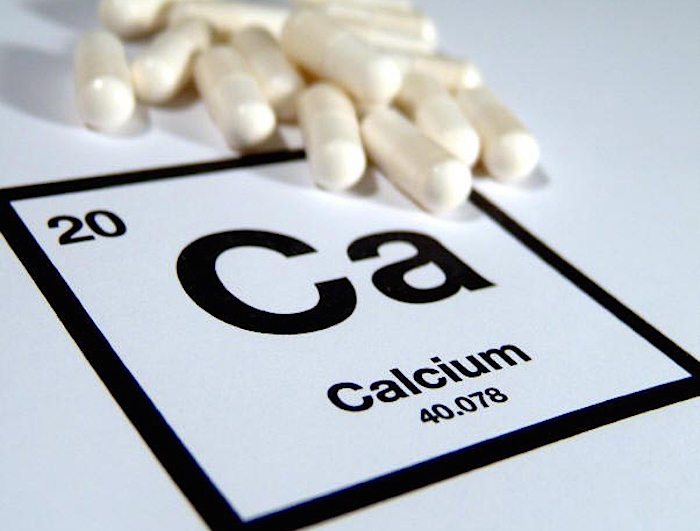 Only two good randomized controlled trials have examined dietary calcium’s effects on fracture risk, and they were too small to produce statistically significant results, the researchers found. In addition, they report that most cohort studies have shown no relationship between dietary calcium and fracture risk.
Only two good randomized controlled trials have examined dietary calcium’s effects on fracture risk, and they were too small to produce statistically significant results, the researchers found. In addition, they report that most cohort studies have shown no relationship between dietary calcium and fracture risk.
In the second paper, the investigators analyzed data from 59 randomized controlled trials. They conclude that increasing calcium intake from dietary sources increased density by 0.6% to 1.0%, and supplementation increased the density by 0.7% to 1.8%. But these increases are unlikely to prevent fracture, the authors write.
The researchers call for further study to see whether there are subgroups, such as the women in the 1992 trial, who might benefit from supplementation.
Questions Persist
This is not the first recent review to find a lack of evidence for calcium supplements. The US Preventive Services Task Force reached similar conclusions in 2013.
“The question is not so much why the guidelines were formed, but why is it, since there have been all these trials accumulated since 2000, they haven’t changed,” Dr Bolland said.
Another analysis by his group points toward a possible answer: The smallest studies were most likely to show the most significant effects for supplementation. This is a statistical red flag for a potential bias toward publication of positive trials, Dr Bolland said.
Still, it may be too early to change the guidelines, said Xuezhi (Daniel) Jiang, MD, PhD, assistant professor of obstetrics and gynecology at the Sidney Kimmel Medical College of Thomas Jefferson University in Philadelphia, Pennsylvania.
“I’m a little bit conservative,” he told Medscape Medical News. “I really don’t want to recommend against calcium supplementation at this point.”
The research so far does not prove there are no benefits to calcium supplementation, so it is better to wait for more randomized controlled trials to settle the question, he argued. “You really need to have a well-designed randomized study, just because there are so many confounding factors,” he said.
Prematurely advising women to stop taking calcium could backfire if later evidence establishes a benefit, because many women would be unwilling to start taking calcium again, he said.
Isabel Maples, MEd, RDN, a spokesperson for the Academy of Nutrition and Dietetics, argued that the recommendation to eat foods high in calcium is still a helpful one because these foods generally have additional benefits.
“For instance, besides being the top source of calcium and vitamin D, dairy foods are the number one food source of potassium in the American diet — a key nutrient in better blood pressure control,” she told Medscape Medical News.
In an editorial accompanying the two studies, Karl Michaëlsson, MD, argues for official recommendations such as those in the United Kingdom and Nordic countries of 700 to 800 mg per day of calcium. Dr Michaëlsson, a professor in the Department of Surgical Sciences at Uppsala University in Sweden, points out that this level can be achieved with “a normal varied diet.”
In contrast, guidelines such as those by the National Osteoporosis Foundation would require nearly the whole population older than 50 years to take supplements, he writes.
“The weight of evidence against such mass medication of older people is now compelling, and it is surely time to reconsider these controversial recommendations,” he concludes.
This study was funded by the Health Research Council of New Zealand. One coauthor received research grants and/or honorariums from Merck, Amgen, Lilly, and Novartis. The other authors, Dr Jiang, Dr Michaëlsson, and Maples have disclosed no relevant financial relationships. BMJ. Published online September 29, 2015. Fracture risk full text, Bone mineral density full text, Editorial full text











